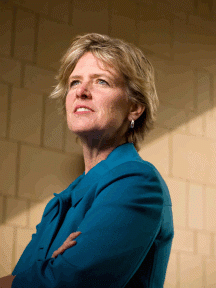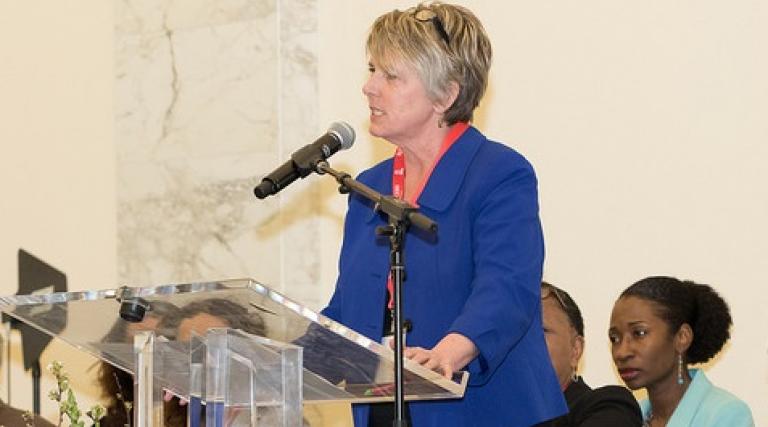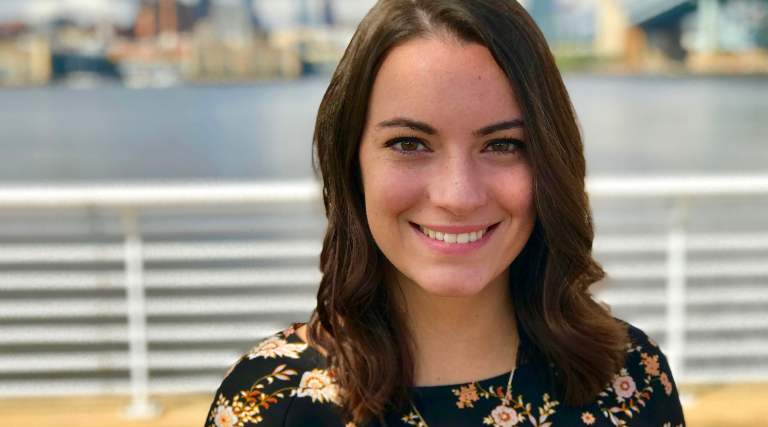The Rutgers Law Children’s Justice Clinic provides legal representation to juvenile clients in delinquency hearings, sentencing and post-disposition review, and associated legal matters. This clinic is at our Camden location.
If you need legal services, call the clinic at (856) 225-6568 or (856) 225-6646
Legal assistance and representation is provided by law students acting under the supervision of a licensed attorney. The Clinic accepts a limited number of cases during the academic year (mid-August to April).
If you are interested in finding out if the Children’s Justice Clinic might be able to assist you, please call (856) 225-6568 or (856) 225-6646 and leave a message. Someone will return your call during the hours of 9 am and 4 pm, usually within 2 business days of your phone call. Please include in your message whether it is alright to leave a message at your phone number.

Meet the Faculty
Sandra Simkins, Clinic Director
Sandra Simkins is the Director and co-founder of the Children’s Justice Clinic and a nationally-recognized expert in juvenile defense. A published author, she was selected by the McArthur Foundation to participate in a juvenile justice reform initiative and is the Due Process Monitor in the settlement agreement between the Department of Justice and the Juvenile Court of Shelby County Tennessee.
- Clinic Description and Goals
- Pre or co-requisites
- Who should take this Clinic?


